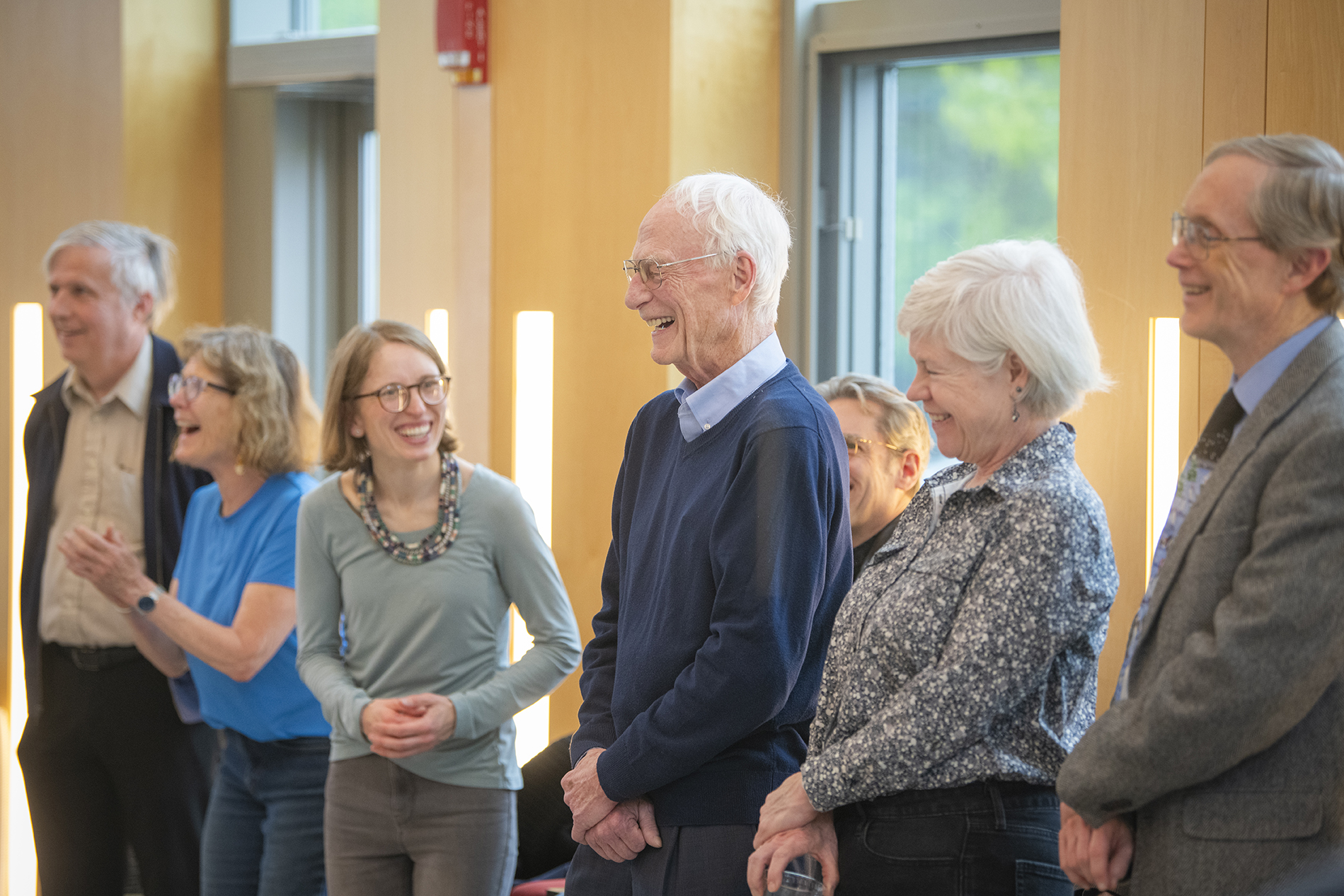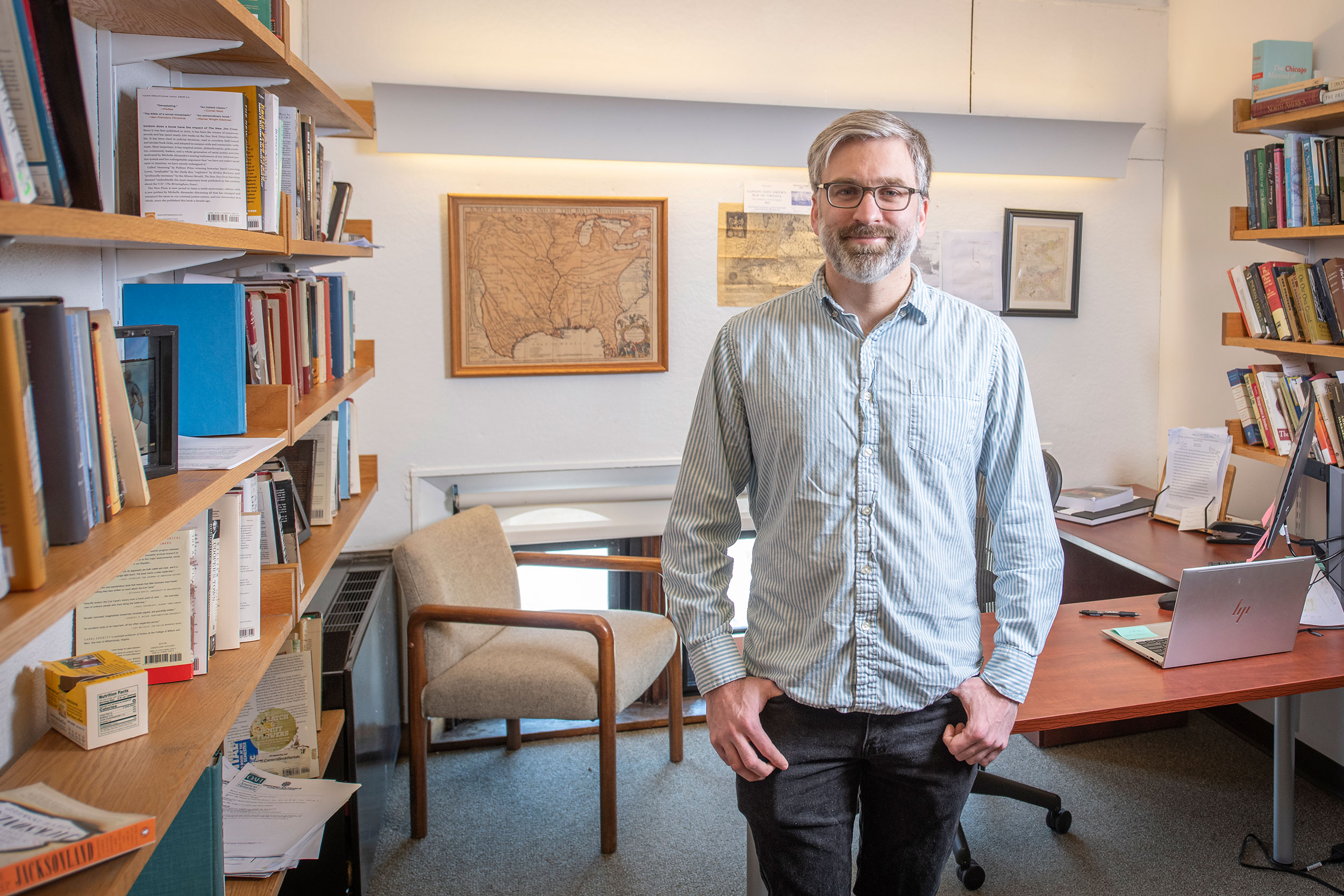Character represented a community of women connected by recipes
“Portraits” of Betty Crocker in (top row, l.-r.) 1936, 1955, 1965, and 1969; and (bottom row, l.-r.) 1972, 1980, 1986, and 1996.
As the holiday season begins and home cooks across the country reach for their recipe files, a Clark professor has published an article examining an icon of American kitchens.
In “Betty Crocker turns 100 – why generations of American women connected with a fictional character,” published on The Conversation, Elizabeth Blake, assistant professor of English, writes about the creation of Betty Crocker as a “customer service tool” and her growth into a media personality and archetype — a fictional character who came to represent a cultural ideal.

“Betty Crocker’s books invited American women to imagine themselves as part of a community connected by the loose bond of shared recipes,” Blake writes. “And because they don’t express the unique tastes of a particular person, [they] instead promote taste as a shared cultural experience common to all American families, and cooking as a skill to which all women should aspire.”
Blake specializes in gender and sexuality studies, food studies, and global modernist literature. Among her research interests is the relationship between modernism and popular forms of cultural production, including cookbooks, dinner theatre, genre fiction, and women’s middlebrow fiction.
The Conversation US is part of a global network of independent, not-for-profit newsrooms that reach out to leading scholars across academia and work with them to share their knowledge with the public. Its articles are shared with news organizations across the country.





